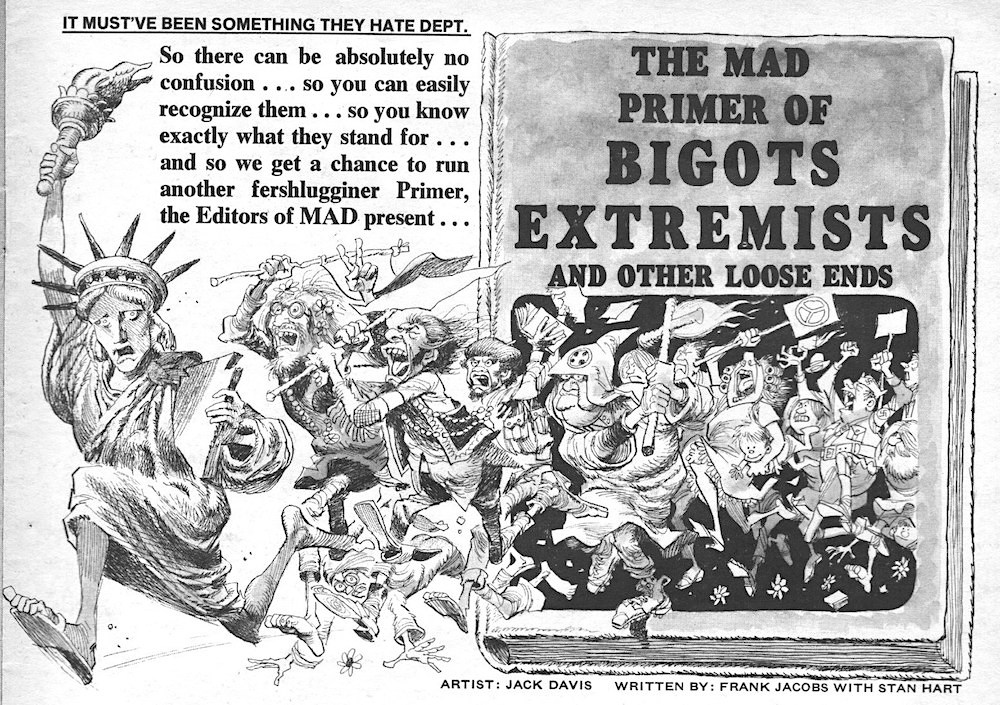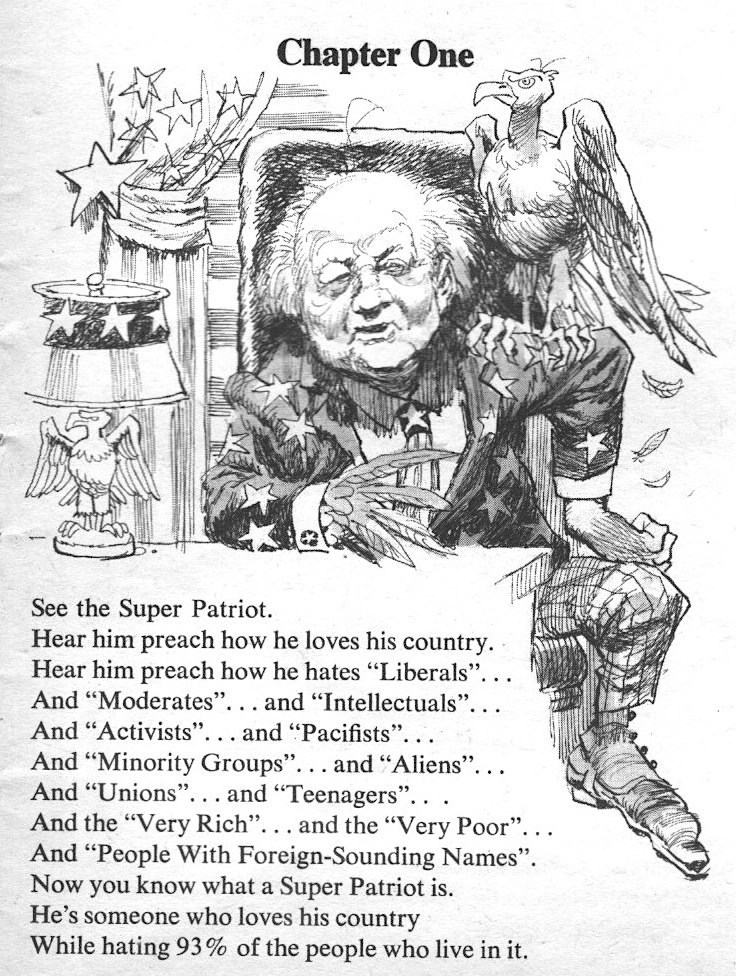That happened this year, and the majority of those challenges were heard on the merits.
This is an excellent question, and it's something that I've thought about some over the last couple of months.
Honestly, I think the answer is that the rationales for these rulings are not likely to unreasonably harm meritorious progressive OR conservative challenges.
Any merit to the notion that the rationales for some of these rulings will harm progressive challenges in future elections?
— Andrew Broering (@AndrewBroering) January 3, 2021
One says laches, another moot, another standing, sometimes with almost the same type of plaintiff.
That happened this year, and the majority of those challenges were heard on the merits.
Those are cases where laches is clear - particularly the prejudice element.
The theory Trump was advancing was that any deviation from state election law could be litigated in federal courts.
More from Mike Dunford
Happy Monday! Dominion Voting Systems is suing Rudy Giuliani for $1.3 billion.
As Akiva notes, the legal question is going to boil down to something known as "actual malice."
That's a tricky concept for nonlawyers (and often for lawyers) so an explainer might help.
What I'm going to do with this thread is a bit different from normal - I'm going to start by explaining the underlying law so that you can see why lawyers are a little skeptical of the odds of success, and only look at the complaint after that.
So let's start with the most basic basics:
If you want to win a defamation case, you have to prove:
(1) that defendant made a false and defamatory statement about you;
(2) to a third party without privilege;
(3) with the required degree of fault;
(4) causing you to suffer damage.
For Dominion's defamation cases, proving 1 and 4 is easy. 2 is, in the case of the lawyers they're suing, slightly more complex but not hard. And 3 - degree of fault - is really really hard to prove.
A false statement of fact that is defamatory is a slam dunk element here - all the fraud allegations against dominion are totally banana-pants. They are also allegations which are clearly going to harm Dominion's reputation.
As Akiva notes, the legal question is going to boil down to something known as "actual malice."
That's a tricky concept for nonlawyers (and often for lawyers) so an explainer might help.
So Dominion sued Rudy for defamation. How are they ever going to allege actual malice? https://t.co/p8d3flDkGm
— Akiva Cohen (@AkivaMCohen) January 25, 2021
What I'm going to do with this thread is a bit different from normal - I'm going to start by explaining the underlying law so that you can see why lawyers are a little skeptical of the odds of success, and only look at the complaint after that.
So let's start with the most basic basics:
If you want to win a defamation case, you have to prove:
(1) that defendant made a false and defamatory statement about you;
(2) to a third party without privilege;
(3) with the required degree of fault;
(4) causing you to suffer damage.
For Dominion's defamation cases, proving 1 and 4 is easy. 2 is, in the case of the lawyers they're suing, slightly more complex but not hard. And 3 - degree of fault - is really really hard to prove.
A false statement of fact that is defamatory is a slam dunk element here - all the fraud allegations against dominion are totally banana-pants. They are also allegations which are clearly going to harm Dominion's reputation.
Election Litigation Update: DC - the "let's sue the Electoral College" case.
This is a bit surprising, given that as of last time I checked nobody had been served and no appearance had been entered. I suspect it's an effort to make sure the case isn't "pending" on the 6th.
And, sure enough, still no proof of service on ANY defendant, still no appearance from defense counsel. And this is denying the motion for preliminary injunction but does NOT dismiss the case - which is potentially ominous for plaintiff's counsel.

This isn't a "happy judge" kind of first paragraph. Not even a little bit. Nope.

Y'all, this isn't even directed within a few hundred miles of my direction and I sill just instinctively checked to make sure that there's room for me to hide under my desk if I have to - this is a very not happy, very federal, very judge tone.

Also - the judge just outright said there's a bunch of reasons for dismissal. And not in "might be" terms. In definite fact ones. But the case isn't dismissed yet.
If I was plaintiffs counsel, I'd definitely be clearing under my desk right now, and possibly also my underwear.
This is a bit surprising, given that as of last time I checked nobody had been served and no appearance had been entered. I suspect it's an effort to make sure the case isn't "pending" on the 6th.
Link: https://t.co/oOJZD1F4x2
— Brad Heath (@bradheath) January 4, 2021
And, sure enough, still no proof of service on ANY defendant, still no appearance from defense counsel. And this is denying the motion for preliminary injunction but does NOT dismiss the case - which is potentially ominous for plaintiff's counsel.

This isn't a "happy judge" kind of first paragraph. Not even a little bit. Nope.

Y'all, this isn't even directed within a few hundred miles of my direction and I sill just instinctively checked to make sure that there's room for me to hide under my desk if I have to - this is a very not happy, very federal, very judge tone.

Also - the judge just outright said there's a bunch of reasons for dismissal. And not in "might be" terms. In definite fact ones. But the case isn't dismissed yet.
If I was plaintiffs counsel, I'd definitely be clearing under my desk right now, and possibly also my underwear.

































